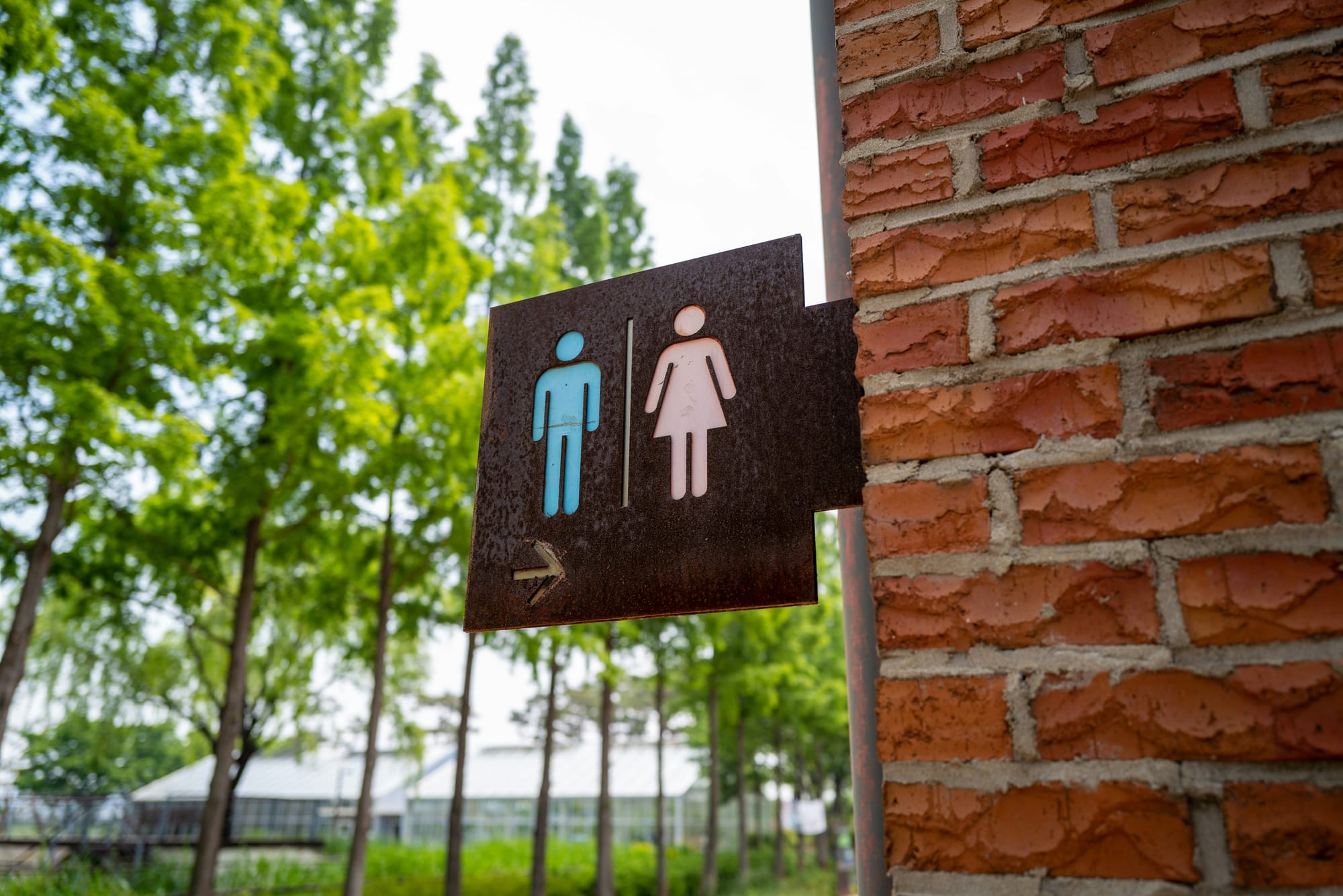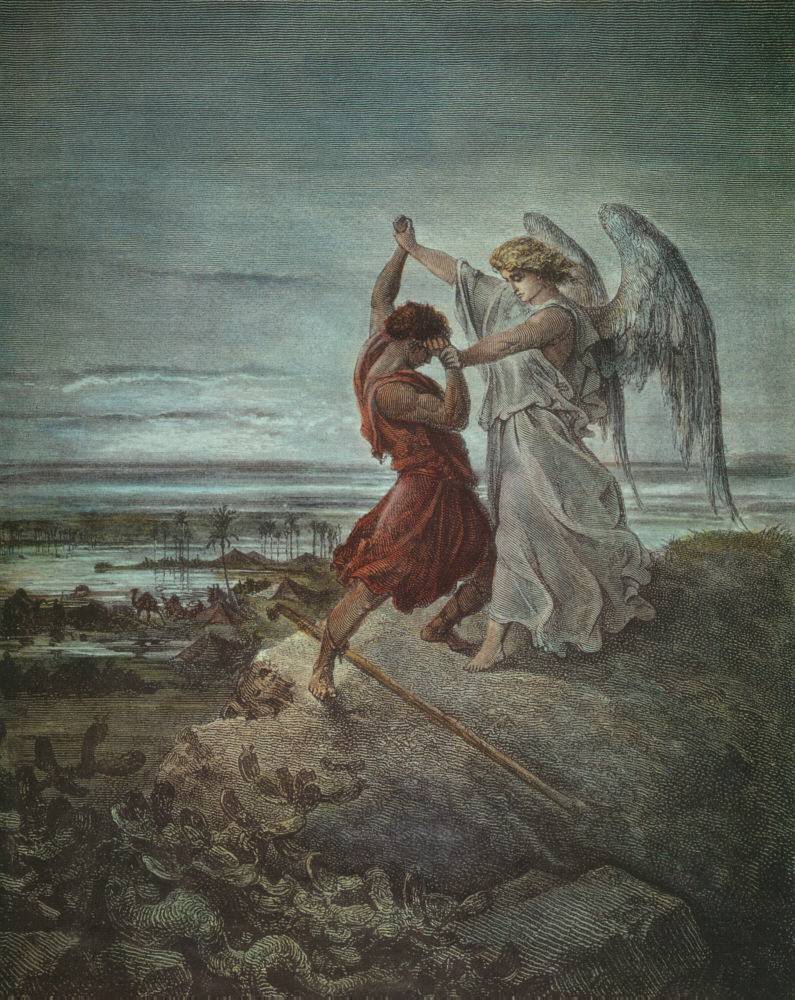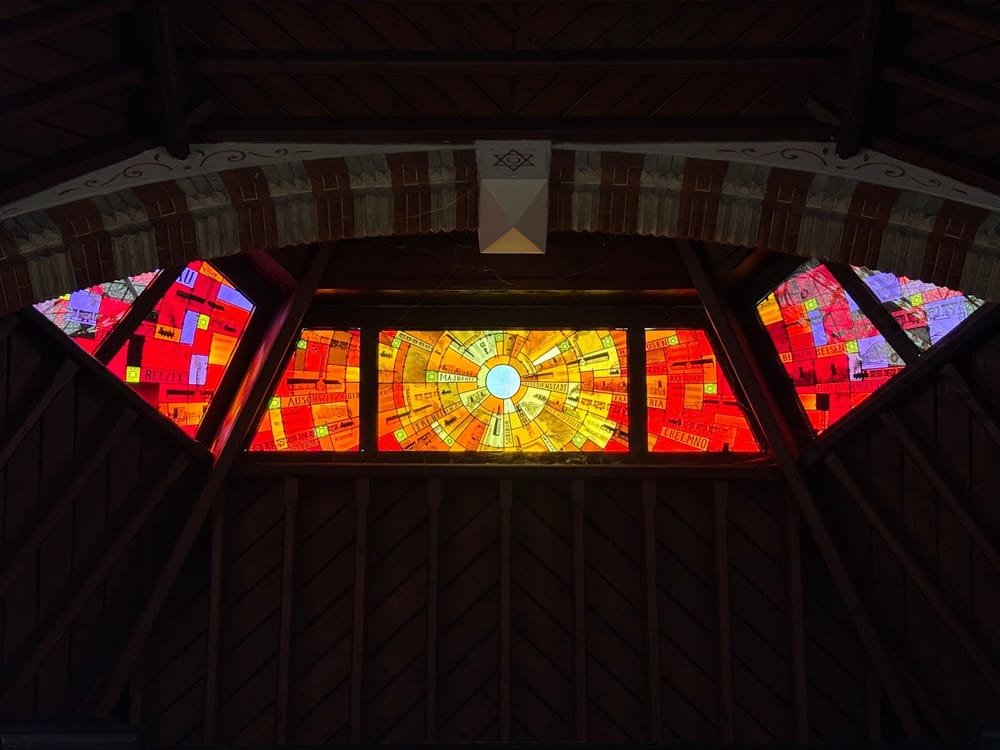
A couple of years ago, a strange argument broke out at my north west London synagogue over the future of the women’s toilets. Our community was moving to new custom-built premises. The building committee, consisting mostly of men, decided that the new synagogue would only have gender neutral ones. This was not a question of demonstrating inclusivity or progressive bonafides. Rather, getting rid of gender-segregated toilets was a purely practical and financial move: fewer toilets overall would allow for more space in the building.
Immediately, there was pushback from the women congregants To them, this was a flagrant attack on the best place to schmooze. Some went as far as to admit that catching up in the ladies’ toilet was the only reason they even attended shul. If these plans went ahead they would be forced to find another congregation to gossip in.
Now, I’m usually a big fan of synagogue broigus – the pettier the better. Granted, this one wasn’t quite as explosive as the time someone used an M&S prawn cocktail container to bring a salad into the building, or the shocking moment a Bar Mitzvah boy’s brother wore a tracksuit while receiving an aliyah. This episode, however, led me to reflect on the role of women’s toilets in our communities. I think there’s something unique about these spaces that explains their enduring relevance to modern Judaism.
The toilets of my childhood
My earliest memories of the women’s toilets at my synagogue involve hiding from my cheder (children’s Jewish studies class) teachers on Sunday mornings. Our teachers would insist that we needed to spend half an hour outside during break-time, despite outdoor activities being near-universally disliked by north London Jews. The girls in particular hated going outside because beyond kicking about a football or bullying the CST guard into retrieving said football from the middle of the road when it inevitably rolled under the gate, there was nothing to do.
And so, we spent most Sunday mornings gathered in the women’s toilets. Our secrecy was maintained by the air-lock type entrance on the toilet door which came with its own warning alarm: the loud creaking sound given off by the hallway door alerted us to an intrusion, at which point, we’d all pile into one toilet cubicle and crouch on the rim with our feet up.
In my adult years, synagogue toilets have provided refuge in a different way. As a proud republican and anti-Zionist, it’s where I go to avoid partaking in communal prayers for the welfare of Mrs Windsor and the prosperity of an apartheid state.
These spaces also serve as a shelter from patriarchal power. Overhearing the older women chatting, I always felt their conversations revealed the community’s real power-brokers. They may not have had the gravitas of the shul’s committees or of those who lectured us from the bimah, but through their discussions these women wielded power just the same.
“What do you think of the new rules on Kashrut?”
“I like the new student Rabbi –much better than the one they sent us last year.”
“I don’t care much for the pastries served last week at Kiddush.”
“Between you and me, and you can’t believe everything you hear, but I wouldn’t get too close to him.”
Of course, the ladies’ offers safety in more crucial ways, too. Jewish Women’s Aid, a domestic violence charity, advertises its posters on the backs of women’s toilet doors in shuls across the UK. According to the charity, many of the calls made to the helpline come from women who spotted their posters in the toilets. In the privacy of these spaces, they find the information to name what is happening to them.
Stalling progress
Ladies’ loos can be a refuge from patriarchy, but they can also be a place where patriarchy is sustained. As a young queer child, and later a fully fledged dyke, I never felt completely comfortable in the women’s loo. On those childhood Sunday mornings surrounded by girls talking about makeup and boys, I often felt lost.
When I visit new synagogues, I’m frequently surprised by the aggressive colour-coding on in the toilets. Pink for the women’s and blue for the men’s is typical; I have also seen women’s loo’s decked out in rainbow colours, while the men’s are decorated in monochrome landscape prints. Though seemingly trivial, these interior design choices reveal how, even in more egalitarian communities, our synagogues remain committed to upholding harmful gender norms. I’ve yet to see a Jewish Women’s Aid poster in a men’s toilet, which leads me to think that our communal charities should be doing more to demonstrate that domestic abuse affects men, both as victims and perpetrators.
Liberated loos
I know there are some people who wish to build walls around women’s toilets by policing who can enter them. But as with a progressive Judaism, I believe the women’s loos can only be strengthened by openness. Our religion teaches us to build open-sided tents, not fortresses. Of course the women’s toilets should be a space for all women, but I’m sure there were plenty of boys kicking a football in our synagogue’s car park who wished they could be inside laughing about makeup.
The women’s toilets of my childhood synagogue don’t exist any more. The whole building has been bulldozed and sold to a developer to build flats. I understand why these toilets were important to the women in my community, even as I feel ambivalent about them. When I think about the future of synagogues, I don’t really care if they include women’s toilets. Instead, I want every synagogue to look like a women’s toilet.
Every synagogue should be a place where friends gather to kvetch and chit-chat. They should be a place where congregants feel comfortable enough to cry and laugh and confront the truth of their lives. Every synagogue should recognise the power of women, and respect all they bring to our communities. They should smell nice and have fancy products to moisturise your hands with. Above all, every synagogue should be a sanctuary.
Joanna Phillips is a Jewish troublemaker and amateur match-maker. She teaches at the Queer Yeshiva.
Author
Joanna Phillips is a Jewish troublemaker and amateur match-maker. She teaches at the Queer Yeshiva.
Sign up for The Pickle and New, From Vashti.
Stay up to date with Vashti.



